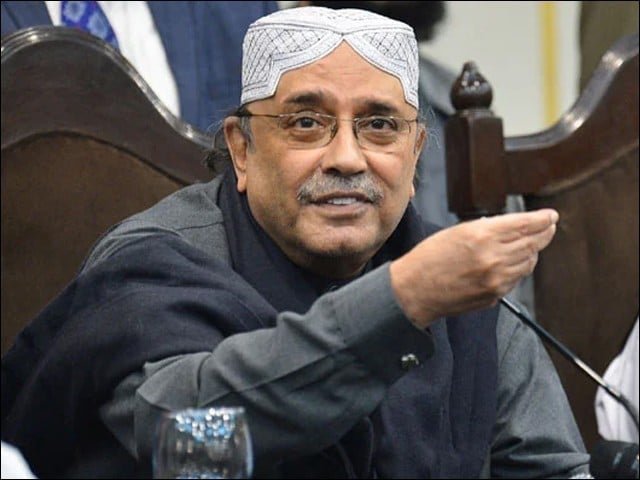In a significant testament to its decades of expertise and experience, Pakistan has been chosen to spearhead the International Exchange Programme Anopheles Stephensi Africa — South Asia familiarisation Programme.
The Directorate of Malaria Control (DoMC), Ministry of National Health Services, has been entrusted with the crucial task of hosting a training and capacity building programme for nine African countries. This programme is aimed at equipping these nations with the necessary tools for Anopheles stephensi surveillance and control, a senior DoMC official revealed.
He said, “As you know, historically, South Asia and parts of the Middle East have been endemic to Anopheles stephensi, an efficient vector of malaria that has gained notoriety because it spread to several African countries since 2013, particularly in Djibouti, Nigeria, Kenya, Somalia, and Sudan.”
He further highlighted that the most alarming aspect of this range expansion was the mosquito’s ability to thrive in urban environments. This represents a significant shift in malaria epidemiology, potentially exposing millions of city dwellers across Africa to the disease.
However, based on decades of experience in surveillance and control of this mosquito, both India and Pakistan were asked to share their experience with malaria control colleagues in Africa. This would be a major benefit for control programmes in Africa to rapidly improve preparedness and response activities.
















